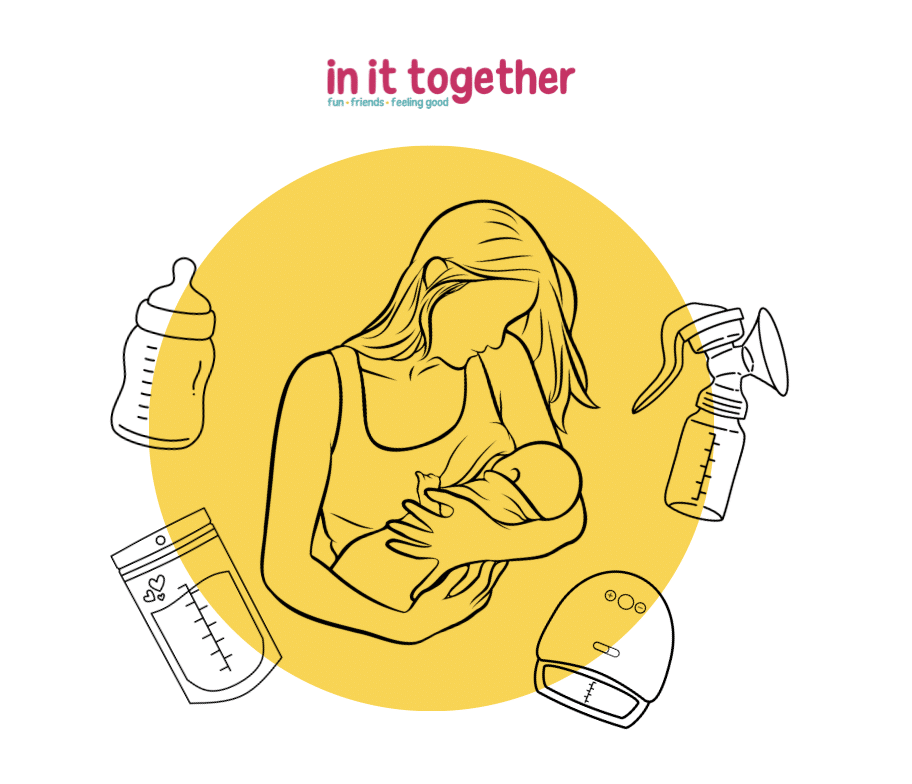A unique and new Women’s Health & Wellbeing Event is coming to the heart of…

World Menopause Day
Friday 18th October marks #WorldMenopauseDay! To help bring awareness to Menopause and Perimenopause, we have shared some helpful information below.
What is Menopause?
Menopause affects anyone who has periods and occurs when a person’s periods stop due to lower hormone levels. It usually happens between the ages of 45 and 55 but can be earlier or later. Menopause can happen for a number of reasons, including:
- Naturally
- Genetics
- Surgery (e.g. to remove the ovaries (oophorectomy) or to remove the uterus (hysterectomy) cancer treatments
- Sometimes the reason is unknown
What are the symptoms of menopause?
The menopause can cause a range of both physical and psychological symptoms and can have a big impact on a person’s daily life, including relationships, social life, family life and work. Menopause can feel different for everyone. A person may have a number of symptoms or none.
Common symptoms include:
- Changes to periods: The first sign of the perimenopause is usually, but not always, a change in the normal pattern of a person’s periods, for example they become irregular. Eventually periods will stop altogether.
- Mental health symptoms: Common mental health symptoms of menopause and perimenopause include: changes to a person’s mood, like low mood, anxiety, mood swings and low self-esteem problems with memory or concentration (brain fog)
Physical symptoms Common physical symptoms of menopause and perimenopause include:
- hot flushes, when a person has sudden feelings of hot or cold in their face, neck and chest which can make them dizzy
- difficulty sleeping, which may be a result of night sweats and make a person feel tired and irritable during the day
- palpitations, when heartbeats suddenly become more noticeable
- headaches and migraines that are worse than usual
- muscle aches and joint pains
- changed body shape and weight gain
- skin changes including dry and itchy skin
- reduced sex drive
- vaginal dryness and pain, itching or discomfort during sex
- recurrent urinary tract infections (UTIs)
If you are looking for support or need more information, please click here
Did you know?
There are lifestyle changes you can make to help menopause and perimenopause:
Eating well, exercising and looking after your mental wellbeing can help with symptoms during perimenopause and menopause. It can also help you keep as well as possible in the future. Source: NHS
Take a look at our ‘What’s On’ page to see if there are any activities/exercises that may benefit you.
Tips:
- get plenty of rest, including keeping to regular sleep routines
- eat a healthy diet
- have calcium-rich food like milk, yoghurt and kale to keep bones healthy
- exercise regularly, try including weight-bearing activities where your feet and legs support your weight like walking, running or dancing
- do relaxing things like yoga, tai chi or meditation
- talk to other people going through the same thing, like family, friends or colleagues
- talk to a doctor before taking herbal supplements or complementary medicines
Content supplied by Abbie Barker – Equality, Diversity and Inclusion (EDI) Officer, Somerset Activity & Sports Partnership



